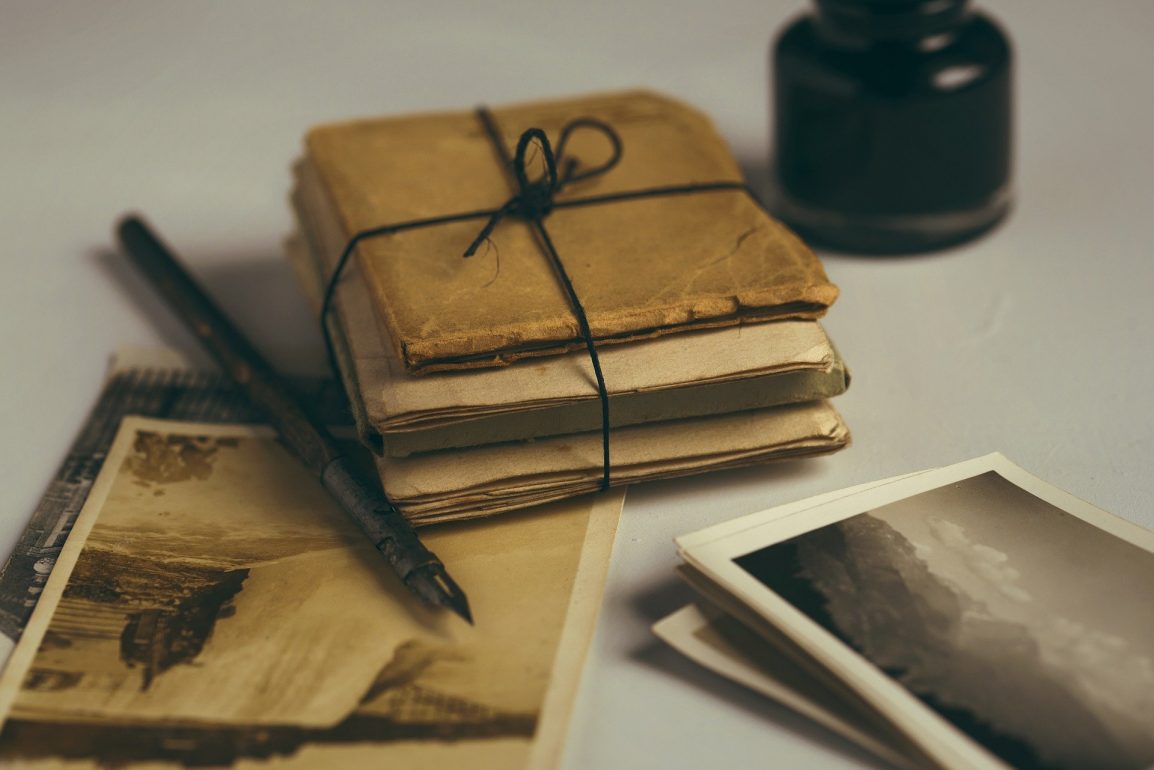I remember filling out an application in middle school that asked about my least favorite subject. I scribbled down history and proceeded to explain how I thought the class was rather irrelevant to my current life and future career compared to subjects like math and English. Looking back on this statement two and a half years later, I realize how terribly mistaken I was. Today, history takes a top spot in my personal ranking of the subjects. High school has led me to develop a passion for studying the past, more specifically, America’s past. What caused me to have this radical change of heart? That’s what I’m going to lay out before you today. My hope is that as you read through my rationales for why I love history, you’ll discover a reason to do the same.
1. I revel in structured classes that involve note-taking.
This is a rather basic reason, but it’s relevant nonetheless. Over my high school career, I’ve uncovered that I greatly appreciate a class that follows a general pattern. For instance, in both my world history and United States history classes, we would take notes on a unit, study the unit by reading the textbook and watching videos, and then take a test on the unit. Along the way, my teachers incorporated fun activities to mix things up, such as conducting a mock trial on the feats of Genghis Khan and analyzing how the Wizard of Oz mirrors the complexities of the Gilded Age and Progressive movement. This larger class structure allowed me to always know what to expect. Plus, history classes typically involve a good deal of note-taking, which I find enjoyable. In my opinion, there are few things more satisfying than a notebook full of aesthetically-pleasing notes!
2. Compared to other classes, history relates the most to my career interests.
For the past few months, I’ve been exploring a desire to go into law or government after college. I’m considering majors like political science, international relations, and even history. I mentioned previously that I favor U.S. history over other branches, and this plays no small part in my desire to go into the aforementioned career fields. History class has demonstrated to me the impact that strong governmental leadership can have on the lives of citizens. The decisions of lawmakers and judges provide either a firm or weak foundation for the ensuing future of the country. I hope to become a lawyer, a judge, a Senator, or even a president, and use my position to ensure the well-being of generations of Americans. Overall, studying U.S. history has opened my eyes to the influence that just one person or decision can hold in shaping the future.
3. Studying the past provides context for the present.
Have you ever wondered why our world is the way it is today? Chances are, you have, especially with all the tumultuous events taking place in the news recently. Perhaps you’ve questioned how the partisan divide in America has come to be so scarily deep. Well, if you trace back through our country’s history, you’ll see how the first vestiges of a two-party system came to form at the Constitutional Convention, with supporters of the Constitution called Federalists and the opponents called Anti-Federalists. While these two groups weren’t technically parties, their members went on to form the Federalists and the Democratic-Republicans, respectively, as the infant nation endured trial after trial and more disagreements arose between the two groups. I won’t narrate the entire story, but after the fall of the Federalists, the rise of the Republicans, a party switch, and many more arguments, we were left with the ever-changing, deeply-divided political parties we have today. Whatever question or concern you have about our present world, the answer lies in the past.
4. We can learn from our past to shape our future.
Whenever I’ve questioned why exactly it is I’m required to study history each year, the answer I always get is “to prevent the past from repeating itself.” While there is a great deal of validity in this point, there are many more reasons as to why studying the past is key to the present. For example, we learn how court decisions, laws, wars, and movements impacted the rest of history. We can then take that information and apply it to our current circumstances. Chances are, whatever event we’re facing in the now, something similar has happened in the past. If we analyze how people responded to that similar situation, we glean valuable information on what worked and what didn’t. Throughout history, leaders and citizens alike strove to create a better tomorrow. By examining the measures they took, assessing their effectiveness, and improving upon them, we can shape a better future. At the end of the day, we will all belong to the history textbooks—our job is to ensure that our legacy is a good one.
As you can see, my reasons for loving history range from surface-level to deep and weighty. This just goes to show the complexities of studying the past. Hopefully you feel inspired to enter class with a new, appreciative perspective. If I can go from history being my least favorite class to a subject I’m considering majoring in, I’ll bet that you can find a reason to not doze off during a lecture!

